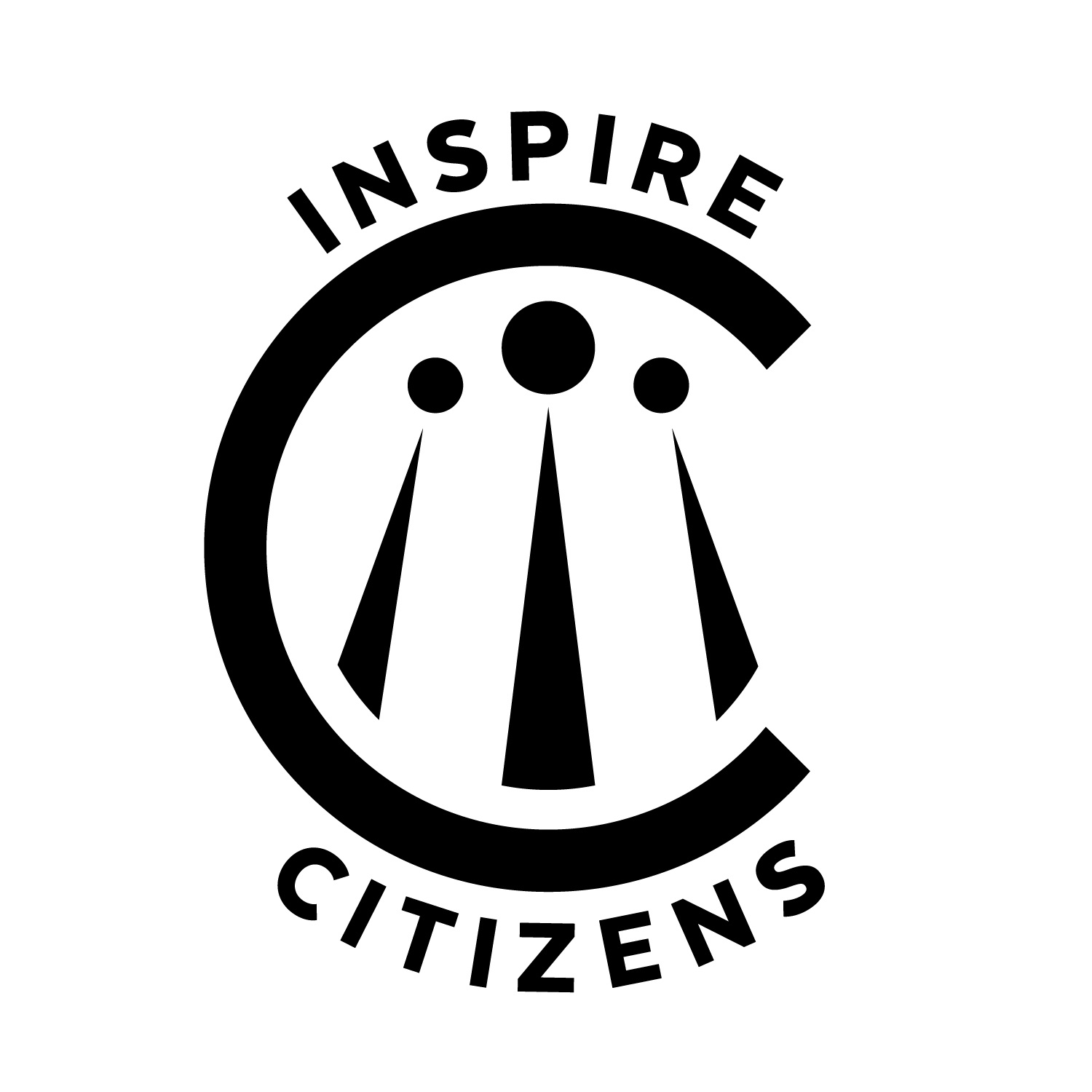Empathy to Impact: A Transformative System for Interdisciplinary Unit Design
What’s Going on in This Picture?
WHAT:
Ranging from foundation / kindergarten though grade 5 at Keystone Academy Beijing, teams of educators worked with Inspire Citizens to develop bilingual interdisciplinary, inquiry units that connected to cognitive skills and dispositions embedded in the school’s Five Core Values and the Good Life Goals for Sustainable Development.
WHY:
In designing learning experiences that embrace a world that is dynamic and ever-changing, Empathy to Impact sparks interdisciplinary teaching and learning that amplifies a deeper awareness of the meaningful connections which exist among disciplines, oneself, communities, nature, and our place in a complex world and time.
HOW:
Follow below and see the process used in promoting creativity and collaboration in these co-designed units.
1. Identify clear transformative learning goals from your school’s mission, program, or learning community to help provide a clear pathway to provide feedback and offer space to reflect on these cognitive skills and dispositions.
2. Zoom Out: Think imaginatively and from a big idea perspective. What is the metacognitive language that can drive student understanding of concepts related to sustainable development? What are non-negotiable disciplinary goals, technology integrations, and language objectives? What informed actions are plausible and with which communities or others?
3. Snapshot the unit using Empathy to Impact: Apply the tools, strategies, resources embedded in the Empathy to Impact framework to help identify a unit toolkit for facilitating understanding and thinking routines for such concepts as harmony with nature, humane technology, critical media literacy, data literacy, source analysis, interviewing, and so on.











4. Map a Week-by-Week Sketch of Guided Inquiry or Plausible Paths of Free Inquiry. Think critically and creatively about how to develop unit flow around co-teaching, independent disciplinary mini-lessons, shared formative assessment, and scheduling flexibility.
5. Plan Learning Experiences, Transformative Goals, and Formative Assessment for Week 1: Launch the interdisciplinary unit without over planning in advance. Transformative learning in inquiry and project-based learning is amplified when students feel their agency driving investigations and teachers being agile in facilitating “learning how to learn and take informed action.”
6. Take time to celebrate the collaborative success and resilience. As teachers, we can be very hard on ourselves. Show gratitude towards your own willingness to evolve and your colleagues strengths and evolution. Be a great learning community by learning and constantly feeling creative together.
















